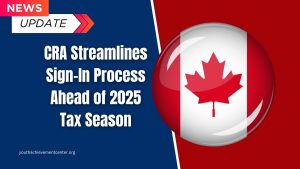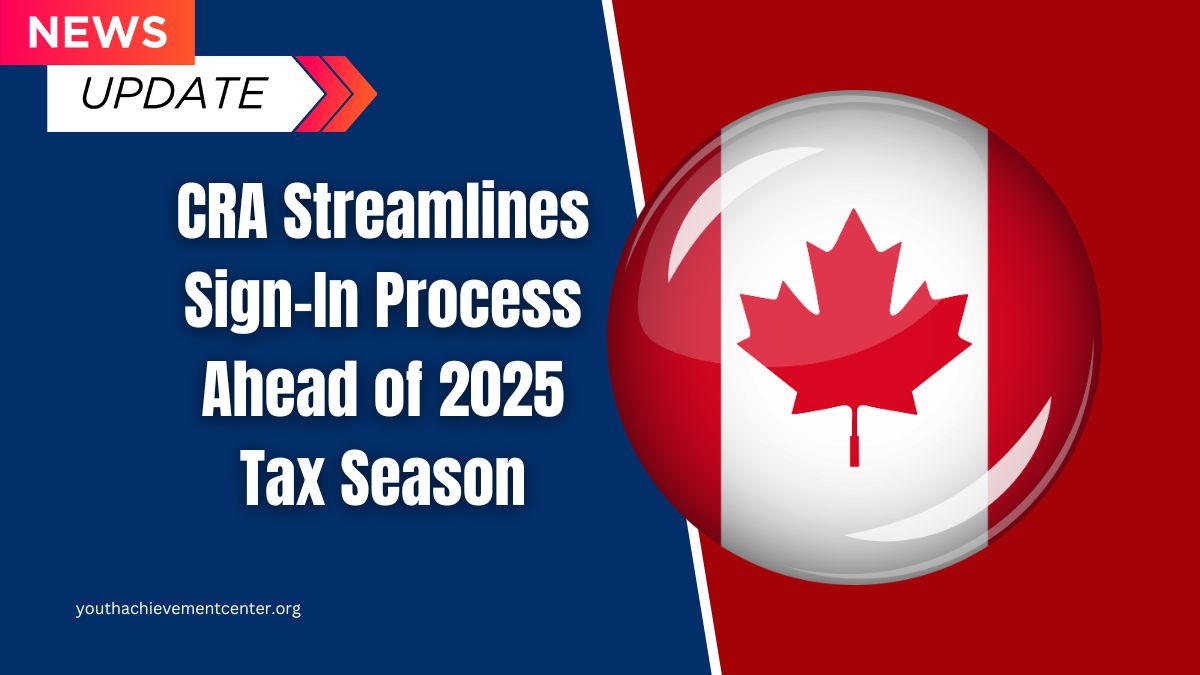As we enter January 2025, the Canada Pension Plan (CPP) Benefits remains a cornerstone of retirement income for Canadians.
The updated benefit amounts range from $3,500 for maximum contributors to $1,100 for those with lower or irregular contributions.
This article breaks down the criteria for each payment level, helping Canadians understand their eligibility and plan for a secure retirement.
$3,500 CPP Monthly Payment: Maximum Benefits
The $3,500 monthly CPP payment is the maximum benefit and is achievable by a limited group of retirees. Reaching this level requires long-term planning and disciplined contributions.
Eligibility Criteria:
- Maximum Contributions: Must have contributed the maximum annual CPP amounts for at least 39 years during your working life.
- Delayed Retirement: Must delay CPP payments until age 70, leveraging the 42% increase for deferring past the standard retirement age of 65.
Why Delay Payments?
By deferring CPP benefits to age 70, retirees can maximize their monthly payouts, ensuring greater financial stability in later years.
$1,600 CPP Monthly Payment: Average Contributor Benefits
The $1,600 monthly CPP payment is the typical amount for most Canadians who have contributed consistently but not maximally throughout their careers.
Eligibility Criteria:
- Regular Contributions: Steady contributions to CPP during your working life, but not necessarily at the maximum level.
- Retirement Age: Begin collecting CPP benefits at the standard age of 65.
Key Considerations:
This amount represents the average retirement income for Canadians who worked full-time jobs but didn’t maximize their annual contributions.
$1,100 CPP Monthly Payment: Lower Contribution Benefits
The $1,100 monthly CPP payment is common among lower-income earners, part-time workers, or those with irregular work histories.
Eligibility Criteria:
- Partial Contributions: Lower or irregular contributions to CPP due to part-time work or employment gaps.
- Early Retirement: Opt to start collecting CPP benefits at age 60, leading to a 36% reduction in payments compared to starting at age 65.
Advantages of Early Access:
While the monthly amount is reduced, early access allows individuals in need of income to begin receiving payments sooner.
Key Factors Influencing CPP Payments
| Factor | Impact on Benefits |
|---|---|
| Contribution History | Higher and consistent contributions lead to larger payouts. |
| Retirement Age | Deferring payments past age 65 increases benefits, while early access reduces them. |
| Work History | Gaps in employment or part-time work result in lower contributions and smaller payouts. |
| Deferral Bonuses | Delaying CPP until age 70 boosts monthly benefits by 42% compared to taking them at age 65. |
How to Maximize Your CPP Benefits
- Contribute Consistently:
Aim to contribute the maximum amount possible throughout your working years. - Delay Payments:
If financially feasible, defer CPP benefits until age 70 to receive the maximum increase in monthly payments. - Track Contributions:
Use the CPP calculator or contact Service Canada to estimate your benefits based on your contribution history. - Supplement with Other Income:
Combine CPP with other retirement income sources like the Old Age Security (OAS) or private pensions to ensure financial stability.
The CPP Benefits for January 2025, ranging from $3,500 to $1,100, provide critical income support for Canadian retirees.
By understanding the eligibility criteria and strategies to maximize payments, seniors can make informed decisions to secure their financial future.
Whether you’re planning for retirement or reviewing your options, leveraging CPP benefits alongside other income sources ensures a stable and comfortable retirement.
FAQs
Who qualifies for the $3,500 maximum CPP payment?
Individuals who contributed the maximum CPP amounts for at least 39 years and delayed receiving benefits until age 70.
Can I receive CPP benefits at age 60?
Yes, you can begin collecting CPP at age 60, but payments will be reduced by up to 36% compared to starting at age 65.
How are CPP benefits calculated?
CPP benefits are based on your contribution history, average earnings, and the age at which you begin receiving payments.







